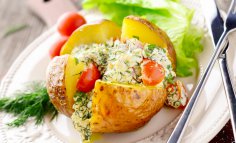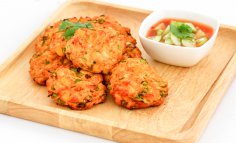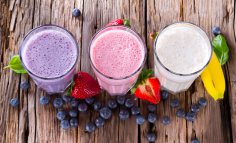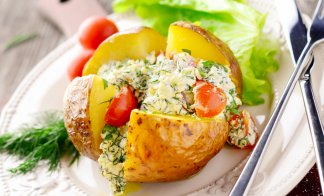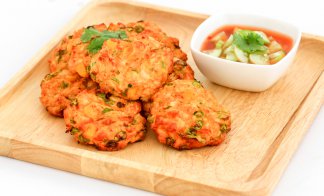Olive oil stability under deep-frying conditions.
Food Chem Toxicol. 2010 Oct;48(10):2972-9. Epub 2010 Aug 3.
Casal S, Malheiro R, Sendas A, Oliveira BP, Pereira JA.
REQUIMTE/Serviço de Bromatologia, Faculdade de Farmácia da Universidade do Porto, Rua Aníbal Cunha 164, 4050-047 Porto, Portugal.
Abstract
The suitability of different commercial olive oil categories for domestic frying was investigated. Oil samples were taken every 3h of frying and evaluated for free acidity, peroxide and p-anisidine values, specific extinction coefficients, oxidative stability, fatty acids, vitamin E, β-carotene and total phenols, until the total polar compounds achieved the maximum legal value (25%). All olive oils were fried during more time than the commercial vegetable oil blend taken for comparison (from 24 to 27 h, against 15 h). The extra-virgin Protected Designation of Origin (PDO) olive oil was characterized by reduced levels of oxidation and hydrolysis, and superior amounts of minor antioxidant compounds. The "olive oil" commercial category behaves similarly, but "Cobrançosa" olive oils performance was slightly worse, and clearly different between years, highlighting the importance of blending different cultivars. The vegetable oil, despite containing significantly higher amounts of vitamin E, was highly susceptible to oxidation under frying conditions when compared to all olive oils. The results also show that the chemical composition of olive oils, particularly the amount of natural antioxidants, are important parameters in their predictive behavior along the frying process, but mostly that olive oil is clearly resistant to frying conditions, independently to the commercial category chosen.
Copyright (c) 2010 Elsevier Ltd. All rights reserved.


